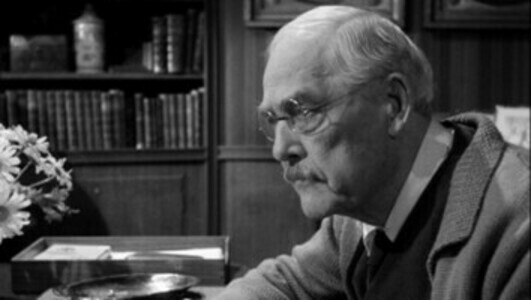Free speech, or the right to say what we believe, matters deeply because it is part of what makes us truly human. This right allows each person to express their ideas, question what others say, and understand the world more fully.
In the United States, the First Amendment protects this right, promising that every citizen can speak their mind freely without fear. This was a radical idea when it was written over 200 years ago, and it remains a promise unique to the United States.
Recently there has been a strong push to limit speech on major issues like race, climate, and gender, with people often quick to react with anger or even hostility toward opposing views. Some responses are so intense that they can involve “flash mobs,” or groups of people who gather quickly to shout down or silence voices they dislike. This reaction shows that many people prefer not to have their beliefs challenged, which makes it harder to have open and honest discussions.
This need for free speech becomes especially important in understanding generational shifts. Each new generation often has different views on life, which means younger people may disagree with older generations about how society should change or stay the same.
The historian and author Neil Howe proposed the theory of the “Fourth Turning,” which suggests that history goes through cycles or “turnings,” with each lasting about 20 years. According to Howe, we are currently in the “Fourth Turning,” a period marked by crisis, intense change, and the breakdown of established structures. During such times, societies often feel a strong need to control certain ideas or messages to maintain order and stability. This pressure can push people to silence voices they see as “harmful” or “unproductive,” creating a difficult environment for free speech.
Howe’s theory suggests that each Fourth Turning brings challenges that push people to reconsider their values and adapt. For example, in the past, people fought for freedom from oppressive systems, and free speech was part of that struggle. Today, we see a similar challenge in the fight for open expression, as people weigh the desire to prevent harm against the freedom to discuss ideas openly.
Generational differences play a big role in this, as younger generations often view social issues such as racial justice and climate change differently, leading to tension over which ideas are acceptable to share publicly.
This tension between generations shows how complex the right to free speech can be, especially in times of social change.
While some believe limiting speech is necessary to protect people from harm, others argue that free speech is the only way to find truth and grow as a society.
Protecting free speech even if it is hurtful is the key to a more resilient and united future, ensuring that every generation can contribute to shaping society's direction.

